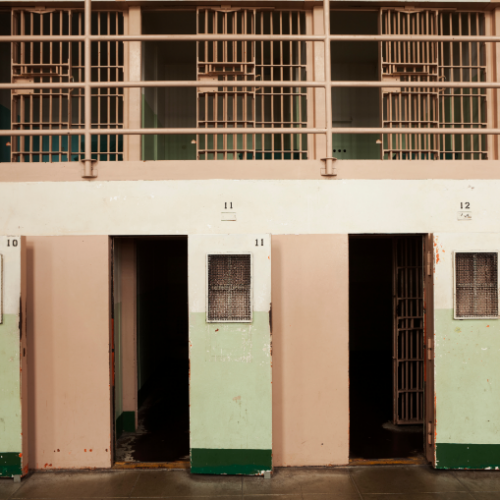
On January 15, 2022, in a horrific and unprovoked act of violence, Michelle Go was killed after being pushed onto subway tracks in New York City, where the CSG Justice Center is headquartered. As her loved ones have shared, Ms. Go was a “brilliant, kind, and intelligent woman who loved her family and friends, loved to travel the world and to help others.”
The investigation is ongoing and there is still information to learn, but we do know Ms. Go was an Asian American woman. We also know that, before killing Ms. Go, the man who attacked her approached another woman who moved away from him in fear.
The United Nations has called violence against women the “shadow pandemic”; it released survey results in December in which women describe feeling less safe in public today than they did prior to the emergence of COVID-19. The United States was not included in this study, but we know that one-quarter of American women experience sexual or physical violence and/or stalking. The work our victims team is doing to support states to improve their responses to domestic violence is, tragically, timelier than ever.
And while violence against Asian Americans is not new in our country, in New York City alone there has been a more than 300 percent increase in hate crimes against Asians during the last year. Today, as we remember Ms. Go, I reaffirm my personal commitment, as well as the CSG Justice Center’s as a whole, to stand in support of the Asian Americans and Pacific Islanders (AAPI) community and our AAPI colleagues.
News stories suggest that the man who committed this act is someone known to city officials as a person who has experienced homelessness and mental health issues. By no means do these facts absolve him or make Ms. Go’s death any less horrific. However, this information provides context that we are, unfortunately, quite familiar with in our work. We know that many jurisdictions struggle to meet the needs of individuals with behavioral health conditions, which can result in people cycling through jails, emergency departments, and homeless shelters. While there are no accurate data to support a belief that people with mental illness are more likely to be violent toward others than people without mental illnesses, suffering invariably results when people fail to get the help they need.
Much of our work at the CSG Justice Center involves working with state and local leaders to improve responses to individuals experiencing these issues, particularly supporting coordination efforts between the justice and behavioral health systems. Implementing comprehensive and collaborative crisis response strategies can help ensure that people experiencing behavioral health crises are better served and have less contact with the justice system, as well as increase public safety.
Simply put, Ms. Go’s death is a tragedy. Our hearts are with her family and friends who are grieving for their loss. They have our deepest condolences.
A positive school experience, where a child feels secure, is essential for their well-being. However, for many children…
Read More The Path to Statewide Community Crisis Response in New Jersey: A Community Advocate’s Perspective
Read More
The Path to Statewide Community Crisis Response in New Jersey: A Community Advocate’s Perspective
Read More
 Supporting Children of Incarcerated Parents: Reimagining School and Community Collaboration
Supporting Children of Incarcerated Parents: Reimagining School and Community Collaboration
A positive school experience, where a child feels secure, is essential for their well-being. However, for many children with incarcerated parents—one in 14 in the U.S.—school can feel far from safe due to stigma, trauma, and a lack of understanding.
Read More Bridging Communities and Correctional Systems: Q&A with CSG Justice Center Advisory Board Member Commissioner Nicholas Deml
Read More
Bridging Communities and Correctional Systems: Q&A with CSG Justice Center Advisory Board Member Commissioner Nicholas Deml
Read More
 Assigned to the Cloud Crew: The National Incarceration Association’s Hybrid Case Management for People with Behavioral Health Needs
Assigned to the Cloud Crew: The National Incarceration Association’s Hybrid Case Management for People with Behavioral Health Needs
When returning to their communities from criminal justice settings, people with behavioral health needs face barriers in accessing basic needs—including food, housing, employment, transportation, education, clothing, and substance use and mental health services—which increases their risk of experiencing a crisis.
Read More Meet the Medicaid and Corrections Policy Academy Mentor States
Meet the Medicaid and Corrections Policy Academy Mentor States
New Hampshire Department of Corrections Commissioner Helen Hanks presents at the Medicaid and Corrections Policy Academy in-person meeting.
Read More










